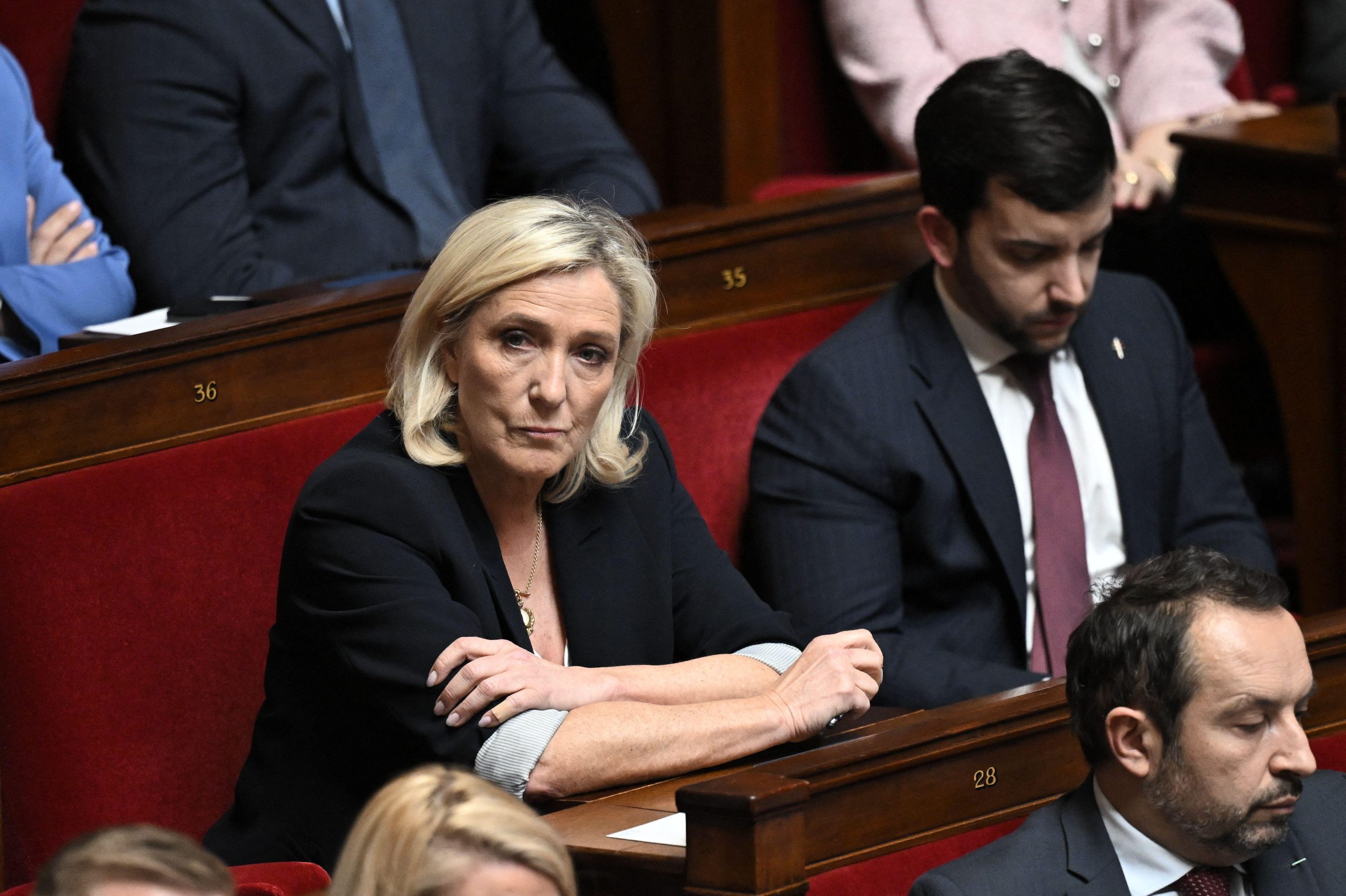Javier Sicilia led 200,000 people to Mexico City’s El Zocalo plaza in May in a National March for Justice and against Impunity. Just last week he led hundreds of others people in a Citizens Caravan for Peace with Justice and Dignity, he called it a “trail of pain” to protest the violence of the Mexican drug war. But until recently he had spent most of his life as a poet, known primarily in literary circles as the editor of the literary magazine Conspiratio and winner of Mexico’s top literary prize, the Aguascalientes National Award in Poetry.
That changed on March 28, 2011 when his 24-year-old son, Juan Francisco Sicilia Ortega was murdered in Cuernavaca, Mexico, by a drug gang. Ortega’s body was discovered in an abandoned car, along with six friends, they had been tortured. The deaths were “collateral damage” in Mexico’s drug war.
Now Sicilia is the nation’s new leader of civil resistance against the drug war and a beacon for free speech. His message demands justice for the victims of Mexico’s drug war, like his son.
But his new role does not come without difficulties, earlier this week, Sicilia had to clarify his beliefs, assuring the public that he was not calling for the removal of army units that patrol some northern Mexican cities even though those police units have been rendered useless by traffickers with greater firepower. Instead, he said that residents of Ciudad Juarez, on the US-Mexico border, need to be heard: most citizens want the army to leave their city, but some in other northern border cities can’t carry on with their daily lives without the presence of army units.
Sicilia is one of a handful of representatives of civil society, who have climbed onto the bully pulpit after their children were killed by drug traffickers, government forces or corrupt officials.
Isabel Miranda de Wallace, a matronly businesswoman jumped into the public arena after the kidnapping and disappearance of her son Hugo in 2005. Wallace was the first to confront corrupt police officials whom she claimed were protecting the killers. She paid for large billboards that identified the names of the suspected killers and denounced the kidnapping of her son.
Alejandro Marti, one of Mexico’s wealthiest and most successful businessman, is another grieving father turned social activist. His 14 year-old son, Fernando Marti, was kidnapped by a group of men posing as police officers. They forced the boy, his bodyguard and a chauffeur out of a bullet-proof limousine on its way to the boy’s school. The driver was tortured and killed, the bodyguard left for dead. The kidnappers killed the boy after they received the hefty ransom from his father.
Sicilia, Wallace and Marti have become examples of free speech and bravery in Mexico, unafraid of the dangers they face for demanding justice from their government.




